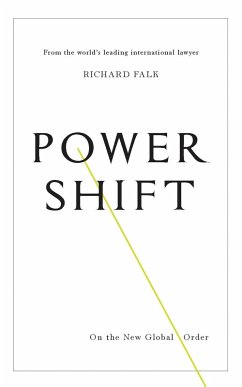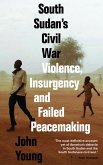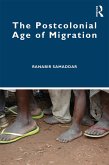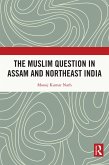This book depicts the challenges associated with the emergence of a new global order in which patterns of conflict and the role of traditional military power are in the process of radical flux.
Our ideas about global order have yet to catch up with these new behavioral trends, including the rise of non-state transnational political actors in the context of neoliberal globalization. In this historical setting the modern territorial sovereign state is confronted by multiple challenges ranging from climate change to mass migration to transnational political extremism.
The existing global order seems currently overwhelmed by these challenges, resulting in widespread stress and chaos that is transforming global security in ways that endanger democratic governance. The future will be determined by whether the peoples of the world make their weight felt in support of sustainable global justice and overcome the impact of oppressive and exploitative patterns of corporate and state behavior. It is this problematic set of circumstances that Power Shift addresses.
Our ideas about global order have yet to catch up with these new behavioral trends, including the rise of non-state transnational political actors in the context of neoliberal globalization. In this historical setting the modern territorial sovereign state is confronted by multiple challenges ranging from climate change to mass migration to transnational political extremism.
The existing global order seems currently overwhelmed by these challenges, resulting in widespread stress and chaos that is transforming global security in ways that endanger democratic governance. The future will be determined by whether the peoples of the world make their weight felt in support of sustainable global justice and overcome the impact of oppressive and exploitative patterns of corporate and state behavior. It is this problematic set of circumstances that Power Shift addresses.









